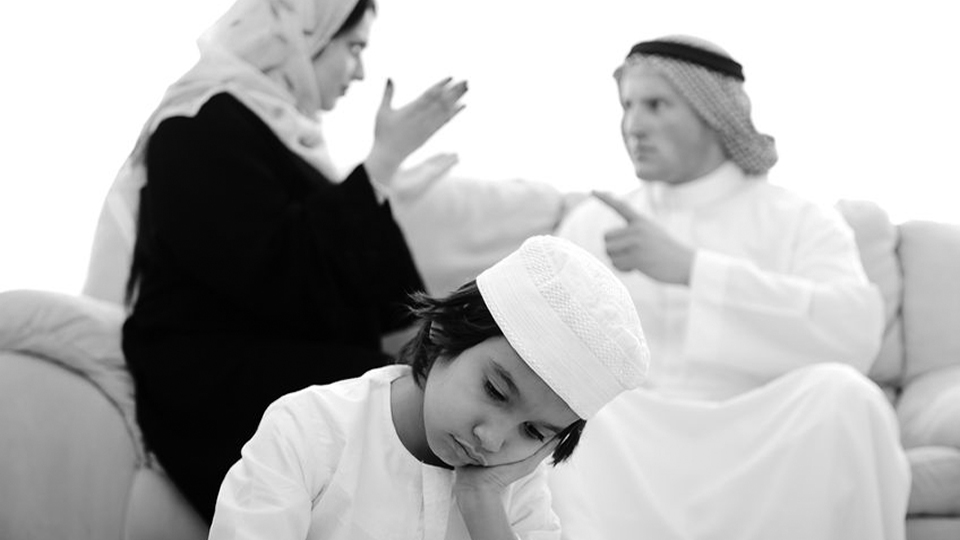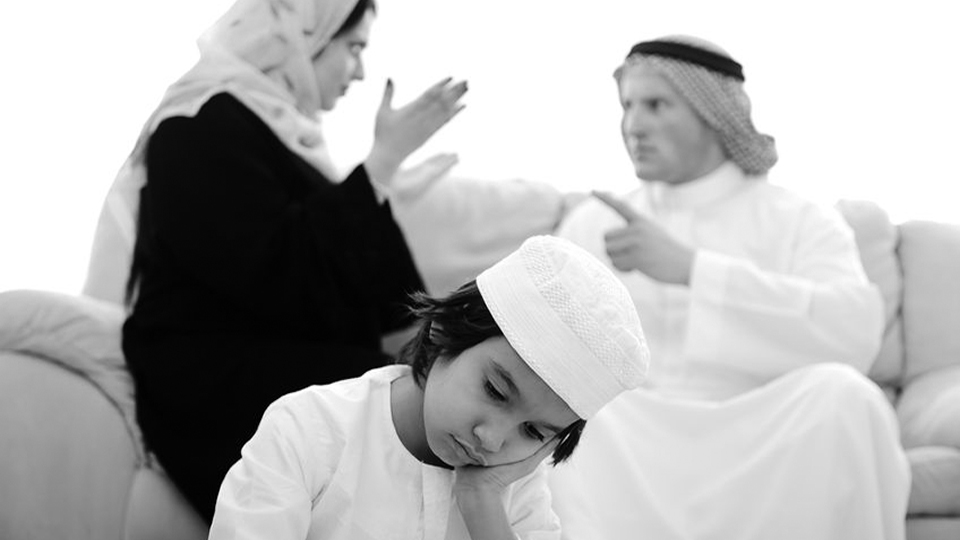
UAE is home to a diverse range of people from across different countries, and continents. Marriage is a wonderful sacred relationship between two individuals. In different countries, a marriage is solemnized in various ways and we will study the entire subject in detail today. Similarly, in the UAE there are a set of family laws that govern the relationship.
More than 90 percent of the residents living in the UAE are non-Emiratis or expatriates. To accommodate them in the country, leverage is provided under significant reforms. You can also learn more about family laws about alimony and child custody by our lawyers and legal consultants.
- In the UAE, marriage is termed as a formal and legal agreement between 2 persons who intend to be together. Emiratis are governed by the Islamic principles. It is commonly known as Sharia Law. For all Muslim couples in the UAE, the marriage is solemnized following Sharia Principles.
Recent changes to Emirati Law
In the recent changes to the UAE family law, there is an introduction of tailor-made processes for the Non- Muslim Expatriates or residents in the Emirates. Henceforth, changes are introduced to the current UAE family laws.
Conditions
There are certain conditions for marriages for the Muslim couple in the UAE which must be followed before the marriage. It includes that both parties must agree to the marriage. Their consent or approval is essential for marriage between Muslim couples in the UAE.
WALI or Guardian
Besides, it is mandatory to have a ‘WALI’ or guardian appointed for the bride. ‘WALI’ should approve the matrimonial union. However, there is a need for at least 2 male witnesses required for the Muslim couple’s marriage.
The groom has to pay a dowry. It is also called ‘MAHR’ in Arabic to the bride. Additionally, both the parties need to undergo the premarital examination. It will ensure the health and compatibility of the Muslim couple in the UAE. Get some legal consultants to know about MAHR, if you are going to get married
Terms and Conditions
All the above-mentioned terms and conditions are for the marriage of Muslim couples in the UAE. On the other hand, for marriage of non-Muslim couples in the UAE, there are a different set of terms and conditions. These must be accomplished by husband and wife both.
Non-Muslims are allowed under their laws
In the UAE, the non-Muslim couple in the UAE is permitted to marry under their respective embassy procedures. Moreover, they can also follow civil laws introduced in states like Dubai and Abu Dhabi. Both the parties should meet an age criteria. They also need to fulfill the consent specifications that are outlined in their personal laws.
Marriage registration is imperative for Muslim and non-Muslim couples in the UAE. However, Muslim marriages in the UAE are registered under the Sharia Courts of UAE. On the other hand, the non-Muslim couples in the UAE register their marriage with their respective embassies. Non-Muslim couples in the UAE can choose to register their marriage under the Abu Dhabi Civil Family Courts in the UAE.
As discussed earlier, historic reforms are introduced in the Emirates to inculcate the expatriates into the judicial system. In recent years, the UAE has taken up the policy of modernization. Under this, they have introduced Civil marriage laws for the non-Muslims in the UAE.
The UAE family laws underwent dramatic changes to support, facilitate, and accommodate the expatriates and especially the non-Muslims in the UAE. In Abu Dhabi a more progressive approach is adopted by the emirates for family law.
Judicial system of Abu Dhabi
The judicial system of Abu Dhabi focuses on mutual consent and gender equality in UAE family laws. This offers a modern and more secular approach, especially for the expatriates and non-Muslim couples in Abu Dhabi.
Another crucial aspect of UAE family law is divorce. Just like marriage, it is another critical facet to the family law which is governed under the Sharia law in the UAE. Divorce is regulated in the Emirates to ensure fairness and transparency.
Besides, it also emphasizes justice and minimizes harm to both parties in a marriage. Undue favors are not given to either of the spouses and thus, gender equality is also taken into consideration. Where the children are involved the divorce matter becomes highly fragile and complicated.
The UAE family law specifies the process and grounds for divorce for Muslims and non-Muslims in the UAE.
For the Muslim couple in the UAE, the divorce is initiated according to mutual consent. However, it can also begin unilaterally by the husband in the form of ‘Talaq’.
Sharia Principles is the mechanism that governs the process of divorce among Muslim couples in the UAE. Additionally, under the Sharia law, the woman or the wife can seek divorce by using its rights for ‘Khula.’
Wife needs to give valid reasons for the divorce. Some of the main reasons are harm, desertion, abuse, and failure to provide financial support. For the non-Muslim couples in the UAE, the family laws vary and differ. Non-Muslim couples can file for divorce as per the Personal laws or the civil family courts in different Emirates.
There are certain Divorce Procedures for non-Muslim couples in the UAE. They must adhere to proper procedure. The procedure begins with reconciliation attempts.
The non-Muslim couple in the UAE should first make sincere efforts to reconcile and put away their differences in the larger interest of saving marriage. The reconciliation attempts are made possible via the Family Guidance Committee.
A reconciliation attempt is a compulsory attempt to resolve the conflict in an amicable way. After the failed attempts, then comes filing for divorce.
Once the reconciliation attempts are unsuccessful, any of the parties can come up to the court. They come up to the court to file for a divorce petition.
The courts are responsible for analyzing the shreds of evidence to grant the final verdict on divorce.
They will further analyze the legal papers of marriage. It may include the marriage contracts, claims of harm or damage, and other differences and incompatibility matters.
The third step is the issuance of a Divorce among non-muslim couples in the UAE. After a detailed review of the divorce case, the court will issue the divorce decree. This will be the step towards finalization of the separation between Non-Muslim couples in the UAE.
However, the court will also address child custody matters in case the children are involved in the divorce.

